The Bulgarian lineup, Orbit, has an uncanny ability to beat teams they should be losing to. With a 2-0 win over the strong HellRaisers lineup this past Sunday and a best-of-one win over Team EnVyUs in Katowice earlier this year, it’s fair to say that the Bulgarians are comfortable punching above their weight. I will explore the reason for their frequent upsets, their force-buys, and how pivotal Orbit’s management of their economy is to their successes and failures.
Orbit, who played under the banner of E-frag.net until April 28 of this year, are a skilled team featuring five Bulgarians. Their lineup includes Nikolay “nkl” Krustev, Viktor “v1c7oR” Dyankov, Emiliyan “spyleadeR” Dimitrov, Kamen “bubble” Kostadinov and Simeon “dream3r” Ganev. Another face often seen playing for Orbit is fellow Bulgarian Nikolay “pNshr” Paunin, due to dream3r’s unfortunate situation involving a VAC banned account he says was stolen from him. This has prevented dream3r from playing in Valve sponsored events, which include Major Tournaments and any of the qualifying stages these have, such as the European Minor this past weekend. What makes this lineup so interesting to watch is their unique philosophy on managing their economy, and their tendency to force-buy.
Possibly as a result of their frequent force-buys, the Orbit lineup is no stranger to upsetting teams they should not stand much chance against. At Intel Extreme Masters Katowice in March, the Bulgarians claimed their sole win of the tournament against Team EnVyUs in a double overtime thriller. The Orbit lineup, who played under the name of E-Frag.net in Katowice, came into the matchup as heavy underdogs, labelled so by both analysts and the community. This is not the first time that Orbit have managed to pull off an impressive upset, as the best-of-three series against HellRaisers in the European Minor was taken impressively by Orbit, who won the series after only two maps. While HellRaisers are not quite the giant that EnVyUs are, they are a team that Orbit cannot expect to beat regularly. As Orbit has shown, they are adept at tackling teams of a greater calibre than themselves. It seems that their aggressive and sometimes unexpected force-buys tilt the games that they should not be winning in their favour.
Orbit showed their proficiency at using a depleted arsenal in the first map of their 2-0 victory over HellRaisers. Although Orbit lost their Counter-Terrorist pistol round on Dust II, they forced up the following round and equalized the score at 1-1. From this win, they then built a strong economy which allowed them to win the next five rounds, before HellRaisers made the score 6-2. As the match on Dust II ended 16-14 to Orbit, it seems that their skill at playing on a force-buy helped them to win that map, as without their strong start the game which ended narrowly in favour of them may have ended in favour of HellRaisers.
Orbit taking the risk of force buying when other teams would not, paid off for them against Team Dignitas last weekend in the semi-finals of the Minor that they would eventually place third at. Dignitas is a team much more capable than the Bulgarians, and ranked sixth on Thorin’s most recent Top 10 Teams list. On Cache, Orbit saved a rifle on the 19th round which led them to force up on the 20th. Despite a distinct lack of grenades and three members of the team using Galil AR’s, Orbit managed to take the round through an A-site split against a fully-kitted out Dignitas. While Orbit ultimately lost the series, their force-buy win did reset the economy of Dignitas, allowing Orbit to go from a weak buy at a 10-9 scoreline, to having a strong economy at a score of 13-9. This is a perfect example of how Orbit’s risky force-buys can change the direction of a game and allow them to beat teams better than them, as Dignitas never recovered from the momentum change and lost the map 16-10.

Orbit’s force-buys can influence games in their favour, but it can also be detrimental to them. On the first map of the series that would determine which European teams would make it to the Main Qualifier for the Cologne Major, Orbit showed poor money management that gifted HellRaisers four rounds. After planting the bomb in a pistol round they lost, Orbit decided to go against the current meta of waiting until the third round to buy up. This decision meant they were outgunned and lacking in grenades compared to HellRaisers, causing them to lose the round. Astonishingly, Orbit then force-bought for the second round in a row which put three members of the team on pistols and only one on a rifle. Again Orbit were outmatched in terms of weapons compared to HellRaisers, and the Bulgarians gifted another round to their opponent. While Orbit won the map, it is justifiable to say that their careless economy management in the early game warranted them to lose.
Despite Orbit having the ability to topple great teams off their pedestals, they are not considered to be a top team. For a team with so many upsets and strong performances against higher tier teams than them, it is surprising to see they are absent in HLTV.org’s 20 best teams in the world. To reach the higher echelons of the professional scene, I feel that Orbit needs to stop force-buying against teams they are superior to. For a team that can take maps off Dignitas and HellRaisers, it is then a stark contrast to see them failing to qualify for DreamHack Masters Malmö as a result of losing to Copenhagen Wolves (CW). A team of Orbit’s quality should not lose a best-of-three to teams such as CW if they ever hope to cement themselves in the top levels of Counter-Strike.
While the Bulgarians have had questionable losses in the past, I believe re-working how they approach rounds could prevent them from losing to teams they outmatch such as CW. If they show less reckless economy management in the future, especially against inferior teams, then I can see Orbit becoming a consistent team with the capability to beat the best.


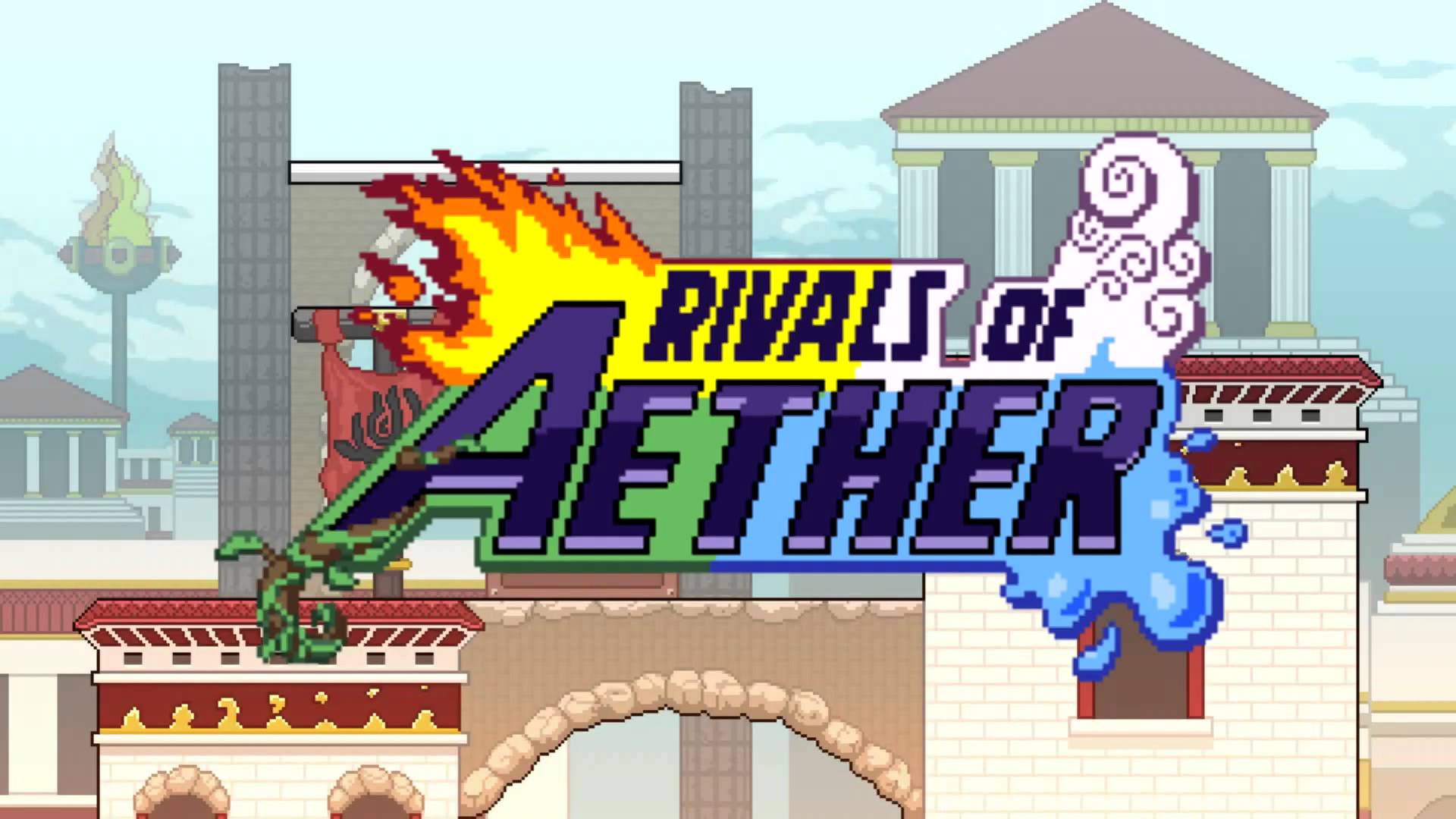

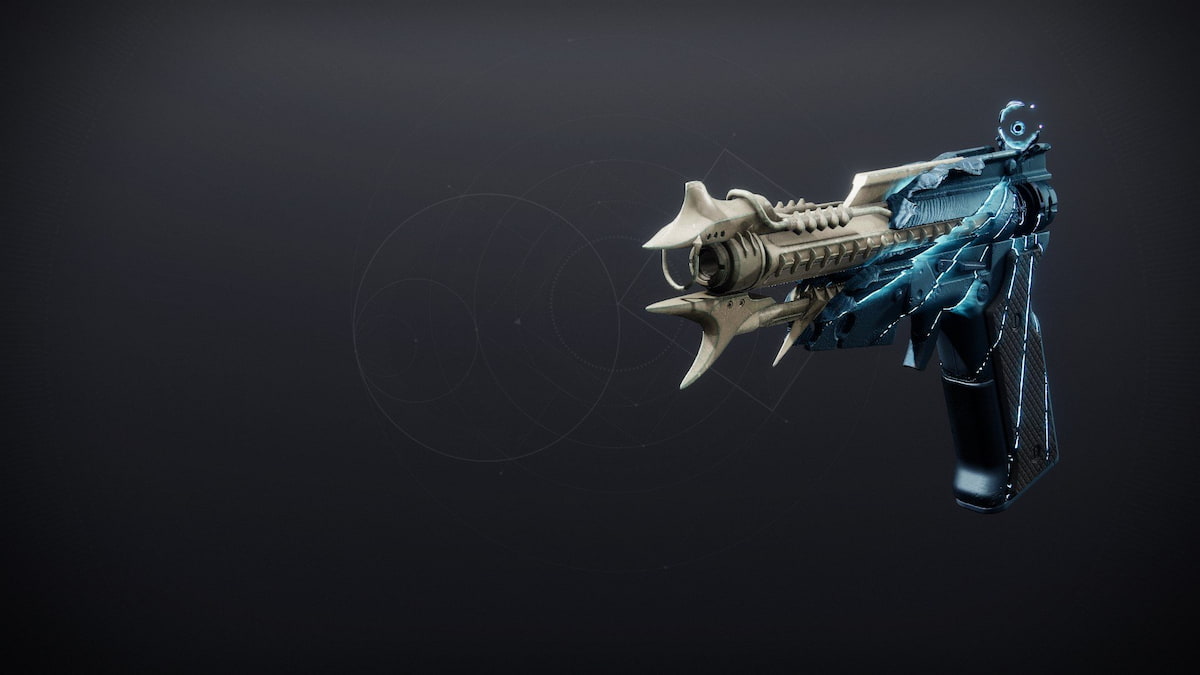
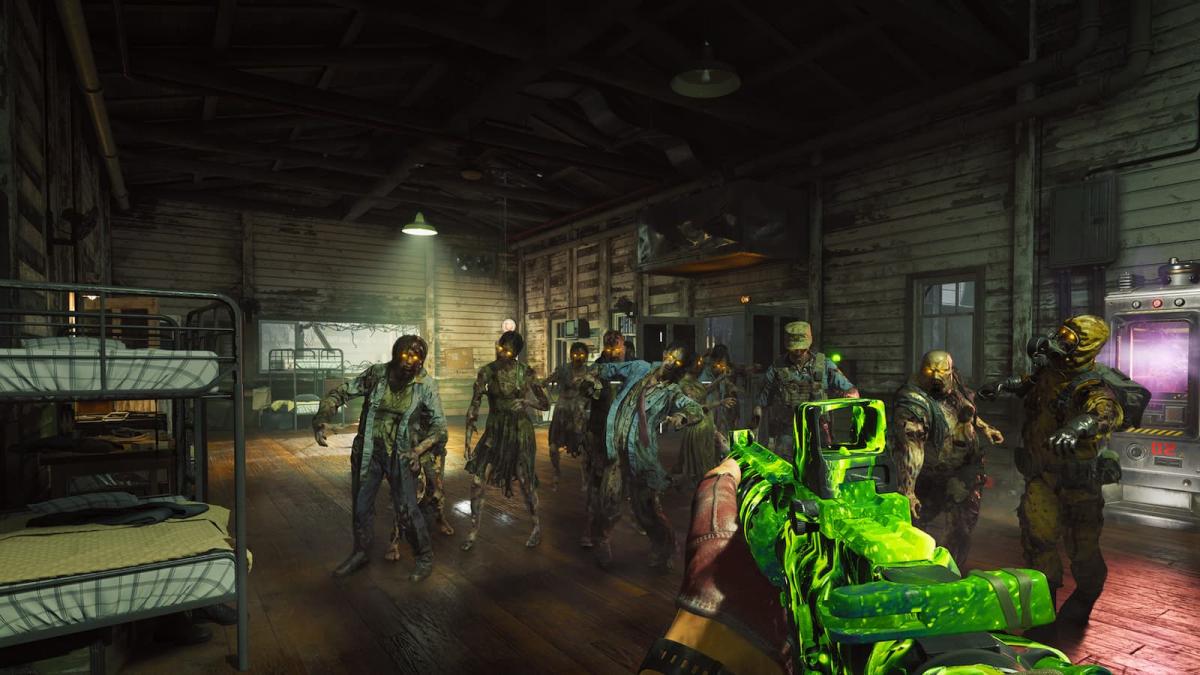
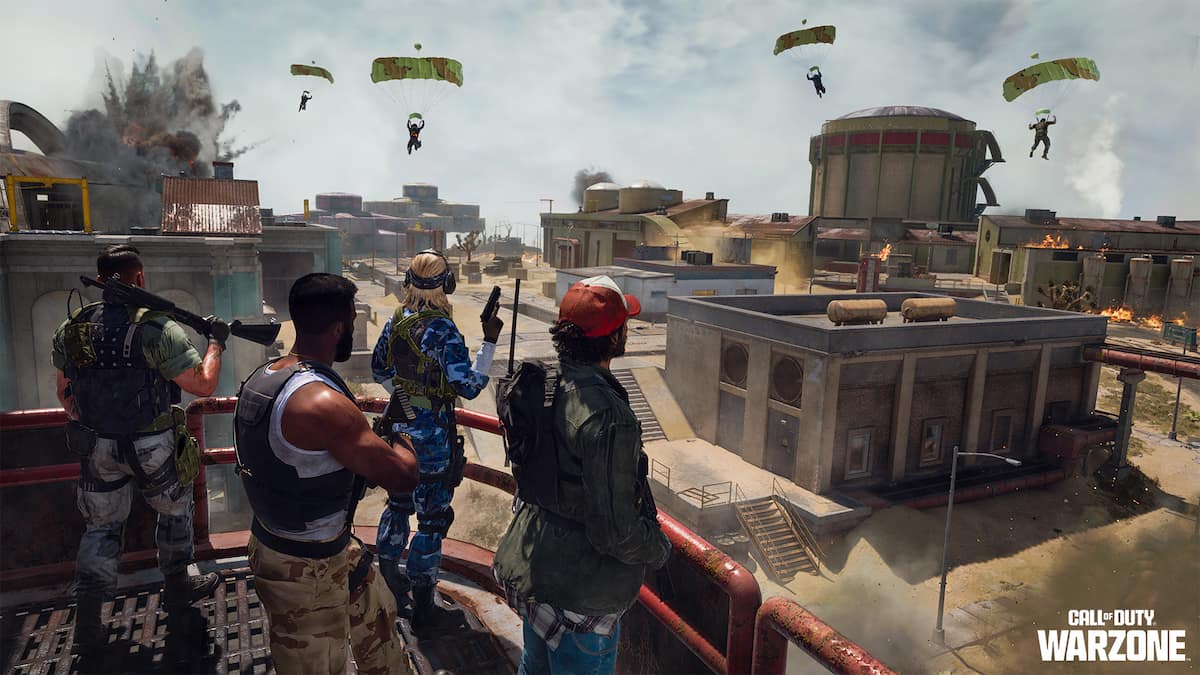


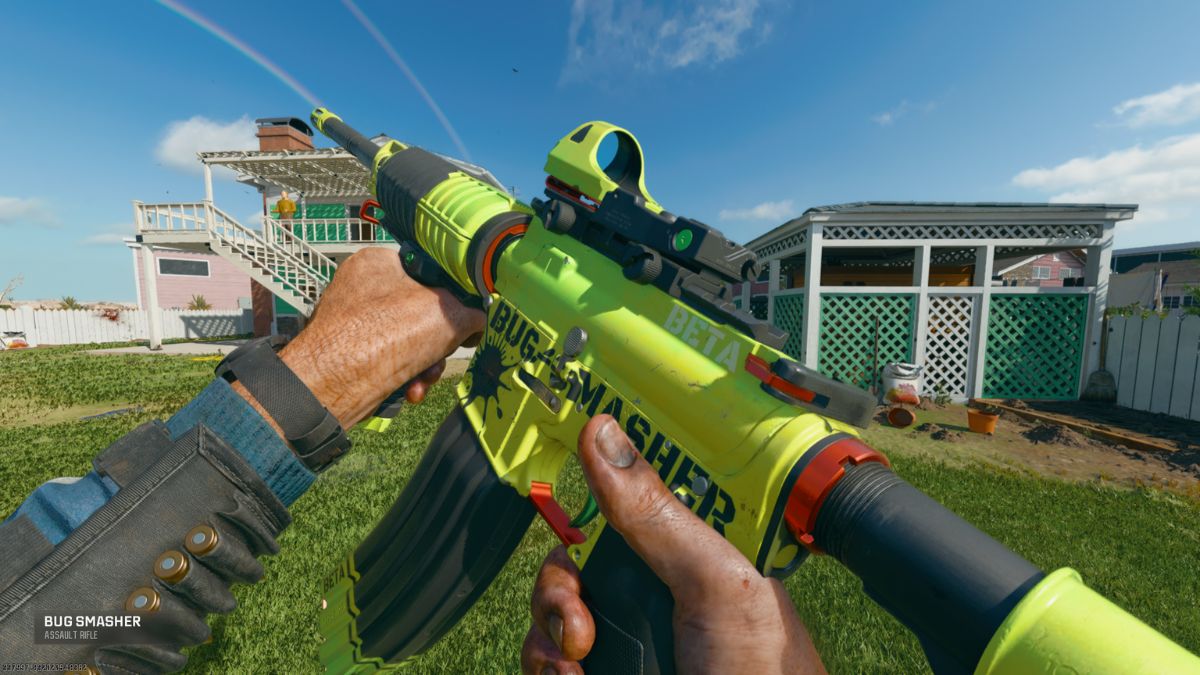


Published: May 19, 2016 11:53 am